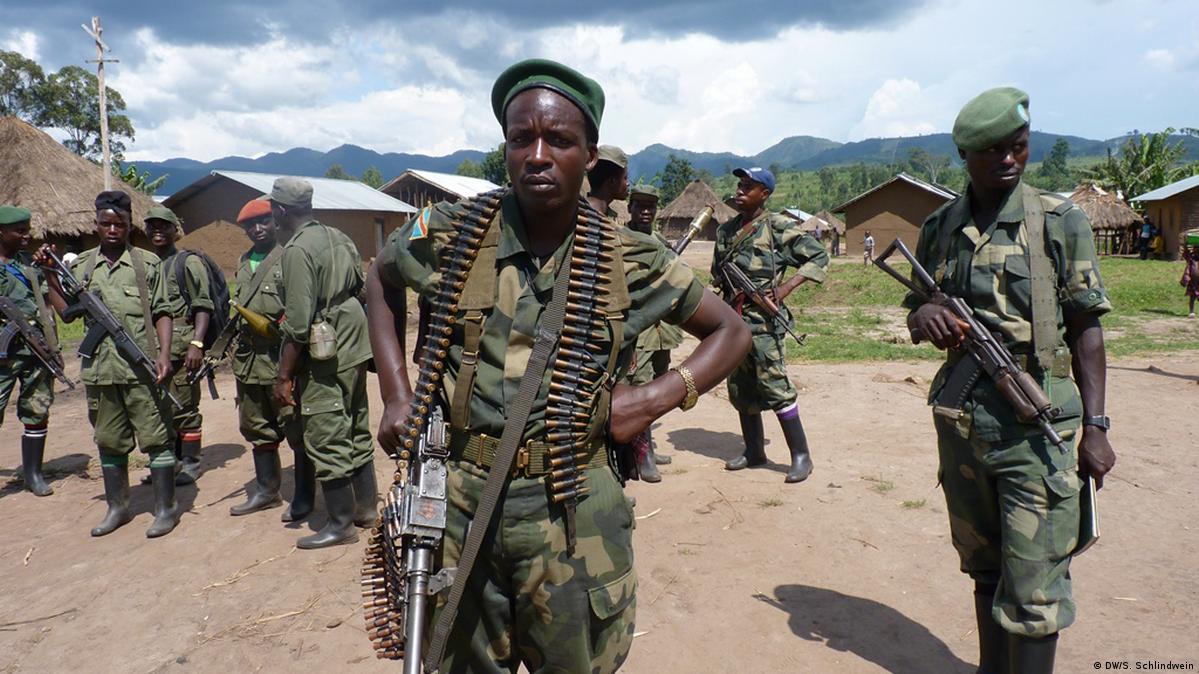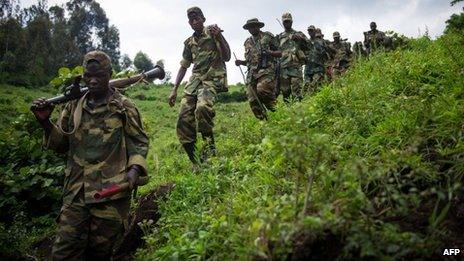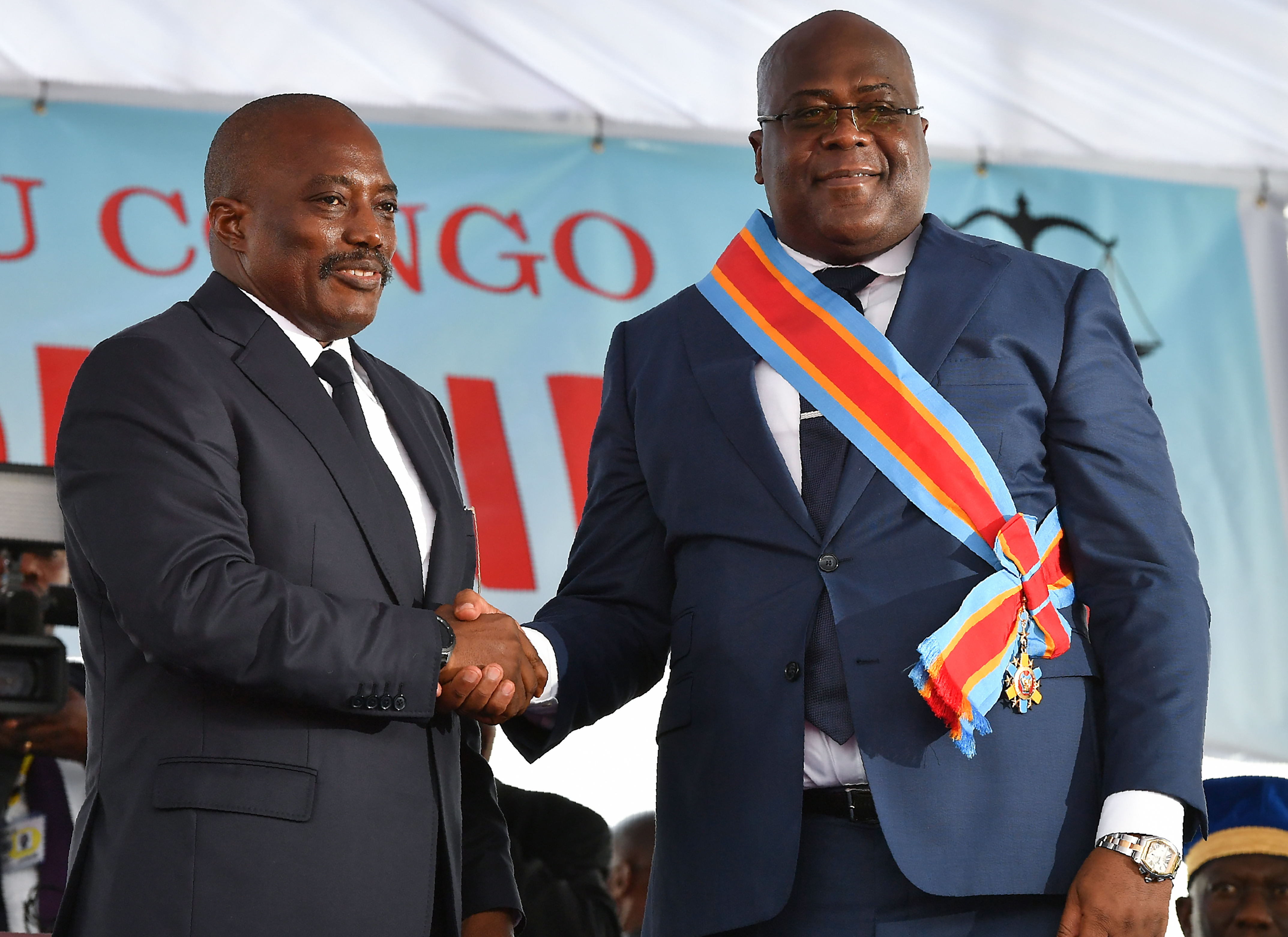Regional
Was state of siege in eastern DRC right approach?
.jpeg-20230222113211000000.jpeg)
From
late 2021, North Kivu and Ituri provinces of the Democratic Republic of Congo
have been under a state of siege due to escalation of hostilities triggered by
the M23 rebels’ resurgence. All civil authorities on provincial level were
replaced by military personnel with the aim, allegedly, of restoring order.
The
strategy was extended over 20 times with no positive results. Internally and
externally displaced people keep on increasing, persecutions and lynching are
ongoing, and women are still being raped by terror groups including FDLR which the
national army is collaborating with.
Since
the introduction of the state of siege, social unrest has reached higher
levels, as massacres of Kinyarwanda-speaking Congolese – specifically the Tutsi
– are encouraged by government officials.
President
Félix Tshisekedi was wrong in enforcing the state of siege. A large number of
indiscipline, corruption, rape, robbery and looting cases have been reported
among officers of Congolese national army against civilians they are supposed
to protect.
In
2020, the United Nations Joint Human Rights Office (UNJHRO) in DRC reported
that Congolese soldiers were responsible for the highest number of human rights
violations, 22 per cent. Most of these violations were documented in
conflict-affected areas (92 per cent), mainly in North-Kivu with 39 per cent - South
Kivu 13 per cent, Tanganyika 12 per cent and Ituri 8 per cent.
Congolese
soldiers were responsible for 295 violations of the right to life. Among 449
victims were 295 victims of extrajudicial killings of which 48 are women and 24
are children. There were also 13, 565 violations of the right to physical
integrity that involved 1,029 victims, including 140 women and 86 children
victims of sexual violence.
In
the documented 321 violations of the right to liberty and security of person
which involved 969 victims, 130 are women and 98 are children. There were other
450 violations of the right to property recorded.
In
the same year, the national police agents were responsible for 17 per cent of
the total number of human rights violations, in particular in the provinces of
North-Kivu (24 per cent), Kasai (17 per cent), Kasai-Central (12 per cent), South-Kivu
and Haut-Katanga (9 per cent each).
These
agents committed more violations in conflict-affected provinces (80 per cent)
than in non-affected provinces (20 per cent). They were mainly responsible for
161 violations of the right to life involved 231 victims, including 149 victims
of extrajudicial killings of which 13 are women and eight are children.
The 355
violations of the right to physical integrity involved 712 victims, including
34 women and 42 children victims of sexual violence. Among 449 violations of
the right to liberty and security of person which involved 1,404 victims, there
are 133 women and 79 children, and 232 violations of the right to property.
With
this very poor record of integrity and discipline by Congolese security forces,
it is clear that replacing them with civilian authorities was akin to adding fuel
to an already burning fire.
The
state of siege signifies that Tshisekedi never wanted peace and order in east
DRC. He is sure that his army is incompetent, even on the battle ground, otherwise
he would not have involved them in civil affairs.
Congolese
security forces were, on many occasions, reported setting up road barriers for
civilians to cross only after paying bribes. They complain that their salaries
are too little and irregular, making it difficult for them to survive.
The
Special Representative of the UN Secretary General in DRC, Bintou Keita, noted
that the period of the state of siege saw a 10 per cent increase in the number
of violations and abuses of human rights in the country.
A
lack of trust in the Congolese army by citizens is an obstacle towards achieving
peace and stability. Incapable to manage military operations, army commanders will
never properly govern civilians in these volatile provinces.
Ahead
of the December 2023 presidential elections, Kinshasa is creating insurgence with
one intention – to postpone the polls and help an unpopular Tshisekedi stay
longer in power.
Tshisekedi
is, in so doing, using these eastern DRC provinces as a sacrificial lamb.




.jpg-20230221102203000000.jpg)


